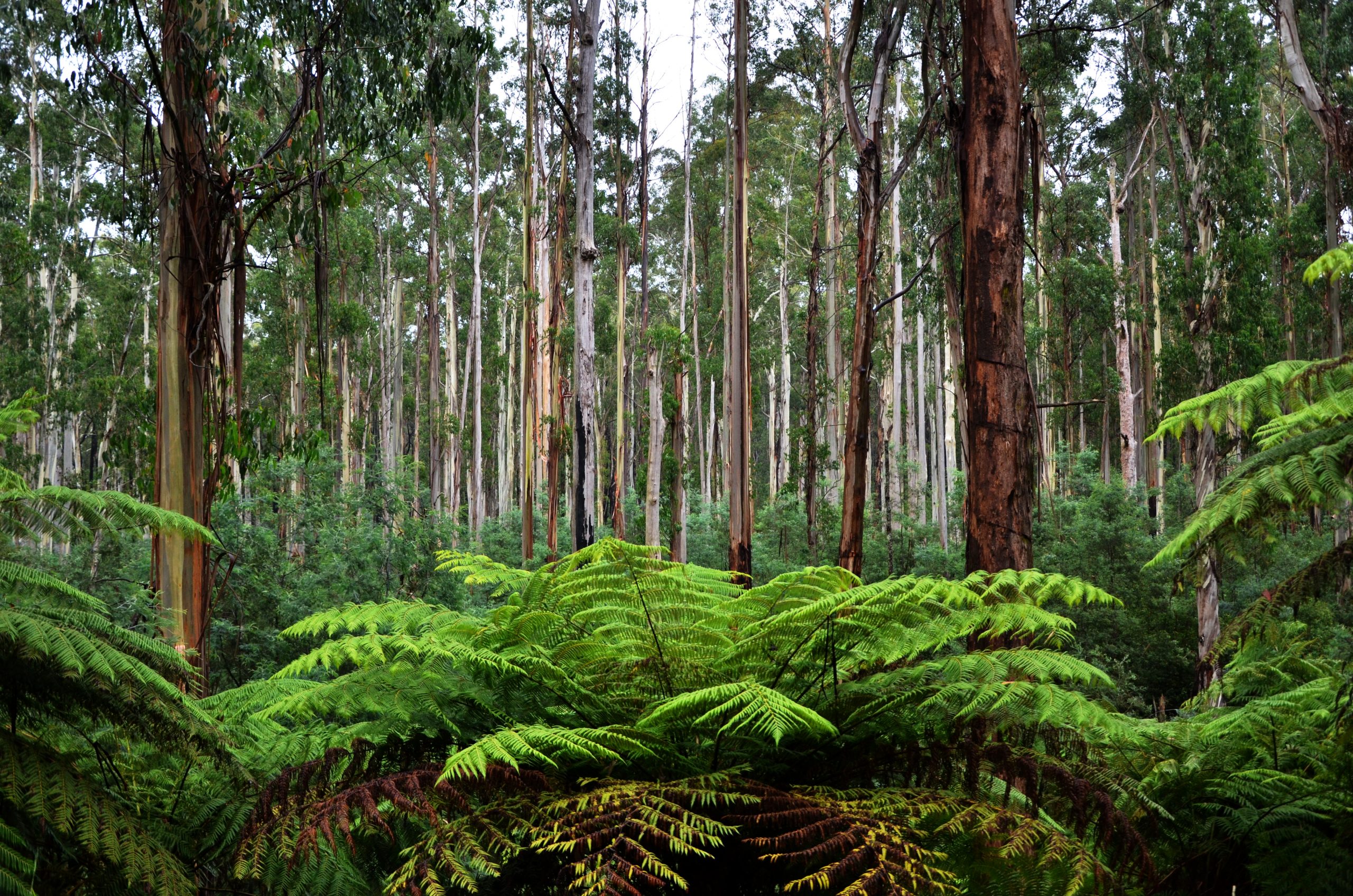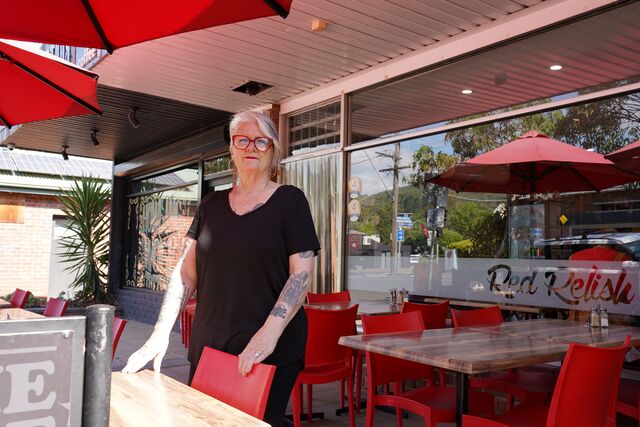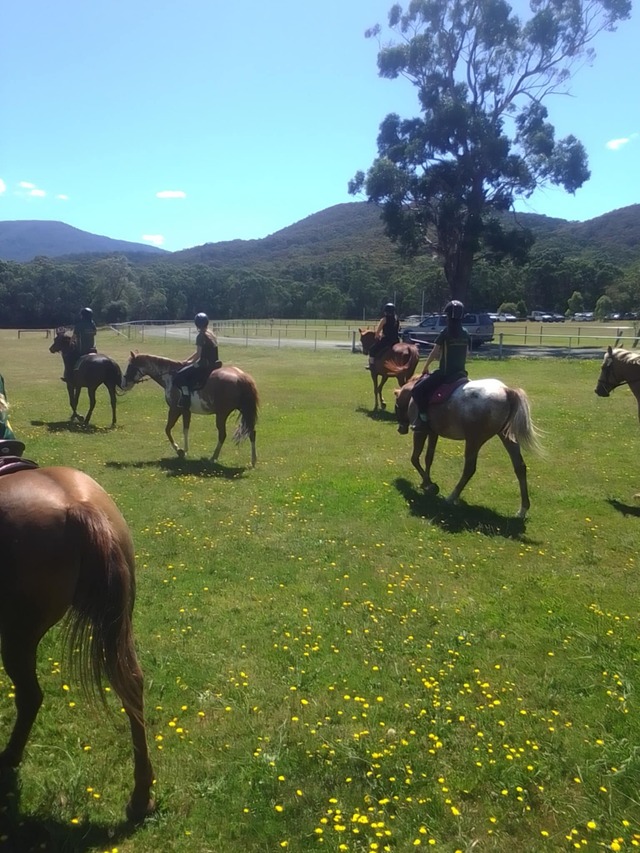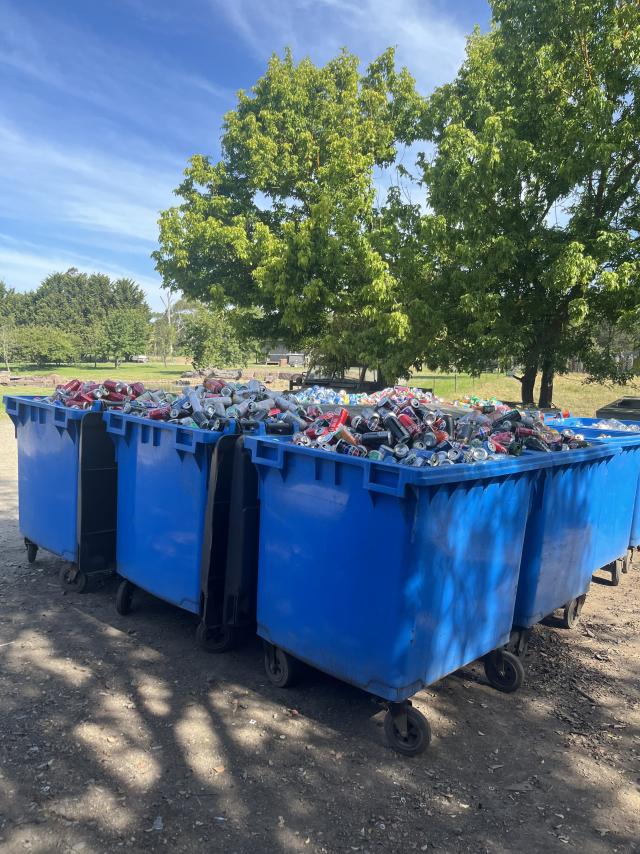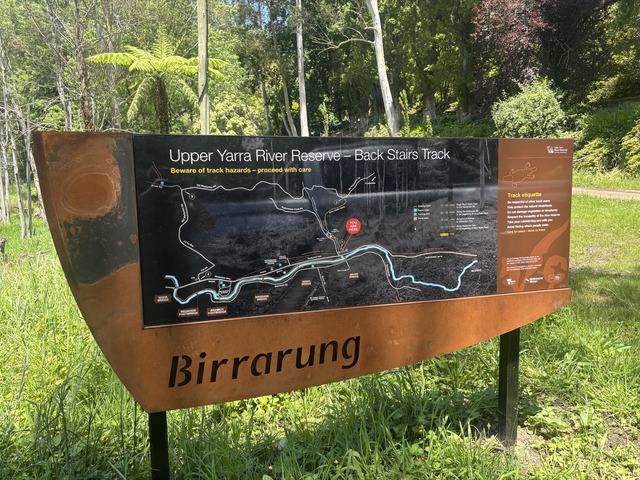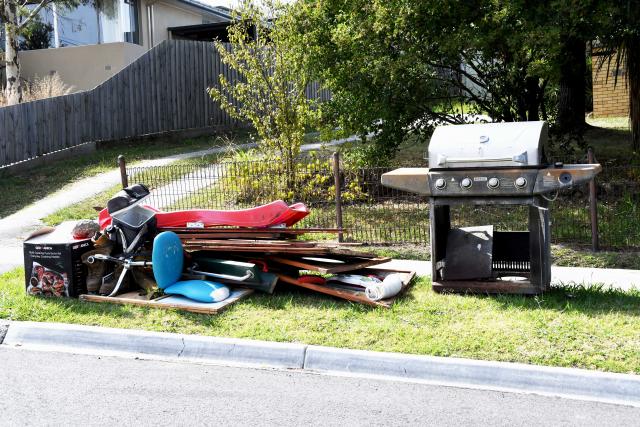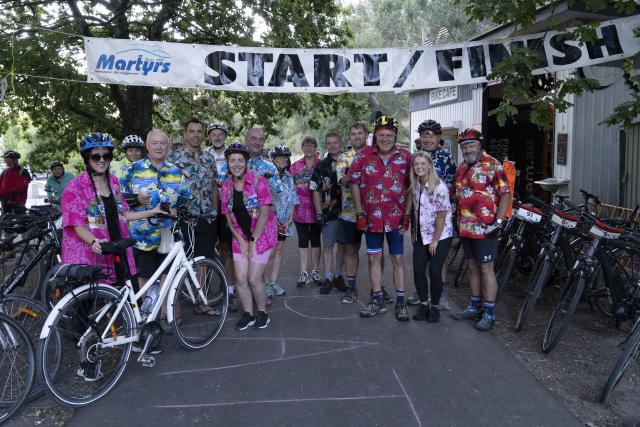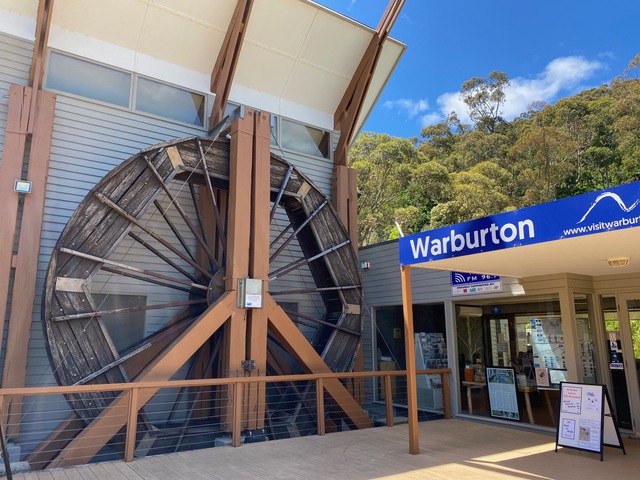As the future of Victoria’s forests hangs in the balance, bush lovers from all sides have mobilised to share their views on what should be done with the land left over after the end of native forest logging.
Opposers to the national park movement have become increasingly vocal with a number of upcoming events, a well-supported petition and a significant social media presence established.
Founder of Victorians Against The Great Forest National Park Carly Murphy said her opposition to the proposal is directly related to being a long-term resident of a small town, and the vast number of negative impacts this proposal would have on her hometown of Eildon.
“I have seen the devastation of bushfires that are a constant threat to our towns and closing off the bush as a National Park would lead to even more catastrophic outcomes from bushfires that are sadly inevitable in the bush surrounding us,” she said.
“The other massive impact will be to the existing businesses in and around the proposed park, we have undergone interviews with small business owners in the assessment area and not only were they not consulted about this proposal, but they also mostly all found out through friends or social media, these businesses rely on the bush user groups to keep their doors open,”
“The tourism impact this would have for this area would be devastating as these businesses rely on the 4×4 drivers, free campers, hunters, prospectors, motorbike riders and numerous other groups who would either be restricted in their use of the bush or denied access all together under this proposal, these groups are also the people who are out there maintaining tracks and looking after the State Forests as they have a vested interest in keeping them open.”
A ‘No To Great Forest Park!’ Youtube channel features interviews with a number of local business owners in nearby towns such as Neerim South, Noojee and Woods Point among others and can be found at: youtube.com/@NoToGreatForestPark
Ms Murphy said simply put, this proposal would be the death of towns like Eildon who rely on bush users during the winter months to get through to the summer period.
“Yes, there are some bad eggs who do the wrong thing out there – but that happens everywhere, and we should not be condemning everyone for the actions of the minority., Seasonal tourism towns need to be managed much differently than larger, more robust towns and the people of these towns should be able to have a say in how their town is managed, and not just told to write their concerns on sticky notes,” she said.
“Personally, I do not use the forest often at all, I am not a bush user; I grew up camping and collecting firewood as a child, but I have not invested myself in a bush activity hobby, my fight against this is for our small regional towns that this proposal would destroy, and the rights of others to be able to use the forests for their own needs whether it be for their mental health, to source affordable food or for their recreation needs,”
“I personally hate injustice and this whole situation is a massive injustice to the people of regional Victoria.”
A petition sponsored by Member for the Eastern Victoria region Melina Bath hasgarnered nearly 20,000 signatures at the time of writing. Anyone interested can view it at: parliament.vic.gov.au/get-involved/petitions/stop-the-creation-of-any-new-national-parks/?.
Ms Murphy said there is obvious worry here as to how the government will manage this land now that the timber industry is gone, but the answer is not to lock it up.
“The one thing that every business owner has said to us during our interviews with them when we ask them ‘If [Minister for Environment] Steve Dimopoulous was watching this right now, what would you say to him?’ is for him to come out to the bush and experience the areas he is having assessed, they want the Minister for the Environment to come out of inner-city Melbourne and experience what life is like out there in their bush communities,” she said.
“Eco-tourism is not going to bring the amount of visitors we already have to the Central Highlands, and even if it did – would the people coming to go ‘Glamping’ or Meditate in the trees with a guided tour spend anywhere near the same amount of money that bush users spend fuelling up their 4x4s, stocking up on a week’s worth of food for a hunting trip or driving into town every morning to support the local bakery and grab a coffee to go.”
A convoy of four-wheel-drives will be setting off from Warburton on Saturday 8 September, heading up to Woods Point where supporters will be spelling out ‘No More Parks’ as a human sign at the Woods Point Commercial Hotel. More events including a forum in Monbulk and a rally hosted by the Libertarian Party in Kinglake on 21 September are also coming up.
Ms Murphy said the last thing she would like to add is to educate the people of Victoria on what this whole National Park ‘land grab’ is all about.
“It is not for conservation or for saving the animals, it’s all about appeasing the United Nations as our government signed us up for a voluntary agreement with the UN referred to as the Paris Agreement and requires that 30 per cent of Australian land be closed off to the public by the year 2030,” she said.
“This was not voted on by the Australian people and was done behind our backs; promising the United Nations something that we cannot even accomplish and it was voluntary, the 30 by 30 propaganda is being spread around social media platforms as a way to conserve and protect nature, but that is not its true agenda,”
“Our government have sold us out, lied to us and tried to push this National Park through under our noses with sham community engagement sessions; all to achieve their 30 by30 Paris Agreement and the people of this country need to know what is being done behind closed doors.”
Ms Murphy refers to the Paris Agreement, which was a legally binding treaty signed by 196 parties at the UN Climate Change Conference (COP21) in 2015, but the 30 by 30 agreement is actually the Kunming-Montreal Global Biodiversity Framework, agreed to at held at COP15 in 2022.
The Paris Agreement aims for countries involved to limit ‘the increase in the global average temperature to well below 2°C above pre-industrial levels’ and aim ‘to limit the temperature increase to 1.5°C above pre-industrial levels.’ The 30 by 30 framework outlines a goal of the protection and conservation of 30 per cent of both the world’s land and oceans by 2030, such as through the creation of national parks and conservation sites.

